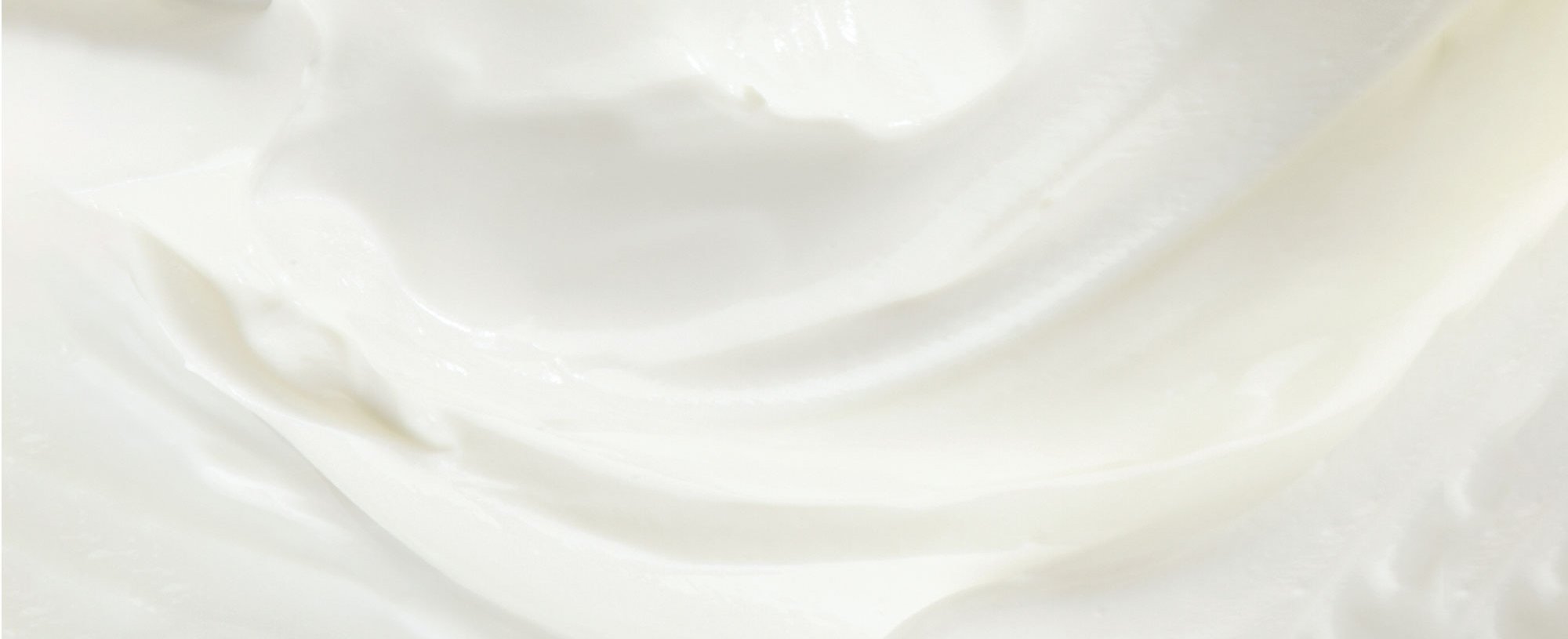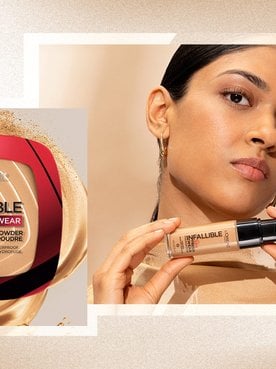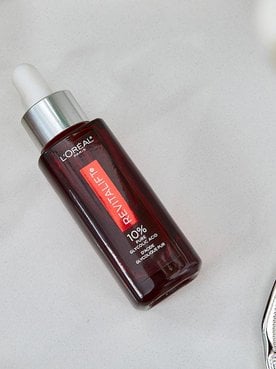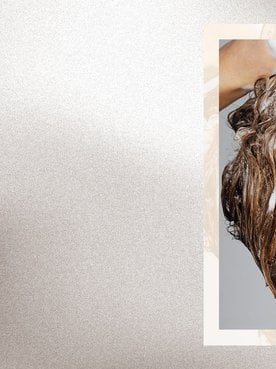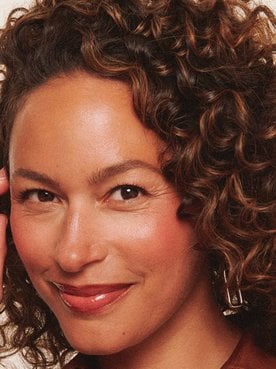Even as a makeup lover, navigating the world of makeup products can be difficult as it is, but factoring in which makeup tools and brushes to apply them with is a whole different ball game. Even if you know about the importance of using the latter—and are familiar with all the different types of makeup brushes—you may not be in-tune with the differences between synthetic and natural makeup brushes. Don’t worry, though, that’s where we come in. Ahead, we’re breaking down what you need to know about natural and synthetic makeup brush options so that you can decide which is the best for you.
NATURAL VS. SYNTHETIC MAKEUP BRUSHES: WHICH IS BETTER?
In short, neither natural or synthetic makeup brushes are better than the other. But wait, keep reading! As with most things, it all comes down to personal preference, but what you plan to use the makeup brush for is also a factor. You may even find that it’s worth having both natural and synthetic brushes in your collection. To further explain the difference between the two (and help you determine which option is best for your daily makeup routine), allow us to deep-dive into both types of brushes.
THE DIFFERENCE BETWEEN NATURAL AND SYNTHETIC MAKEUP BRUSHES
As you can probably guess, a natural makeup brush is made with natural hairs that are usually brown or tan in color. These hairs are typically ones that animals like horses, goats, and squirrels have shed. Because they’re made with natural hair, they feel especially soft and luxurious against your skin. This can make them an ideal option for those with sensitive skin, as the brush won’t cause irritation. The bristles typically spread out easily when in use, allowing for a seamless, well-blended finish. That said, if you have any allergies to animals, you should probably steer clear.
On the flip side, a synthetic makeup brush is made with—you guessed it—fake hairs. This can cause them to feel slightly less luxurious against your skin, but the brand of brush also plays a factor in this. Nowadays, there are plenty of ultra-soft synthetic options available. And since they aren’t made from real hair, you also won’t have to worry about allergies to brush hair, or stray bristles making their way into your makeup look. Natural makeup brushes, however, can shed—just as the animals the hairs are collected from. You may find a hair or two mixed into your expertly applied foundation when you look in the mirror.
Additionally, since they’re made with natural hair, these brushes tend to absorb oils, which makes them a better option for applying powder-based products like eyeshadow, blush, and bronzer. This absorption can also add some extra hassle to your brush cleaning routine and can result in a higher potential for breakouts if you don’t properly clean your brushes of liquid and cream formulas. Synthetic bristles won’t absorb your oily products, which can make them easier to clean. This also makes them a top pick for liquid and cream makeup products, including foundation, concealer, and even eyeliner.
For powder products like L’Oréal Paris Infallible Up to 24H Fresh Wear in a Powder, matte finish, a natural hair brush may be the way to go. Creamy formulas like L’Oréal Paris Infallible Pro-Matte Foundation may be better suited to a synthetic brush.
You’ll likely find that a synthetic makeup brush is on the more affordable side compared to a natural makeup brush, since it’s much easier to mass-produce. So your budget will also influence which way you sway whether you’re buying a foundation brush, blush brush, or brush for eye makeup. At the end of the day it all comes down to your preferences and your routine.
Photo Credit: Chaunte Vaughn
